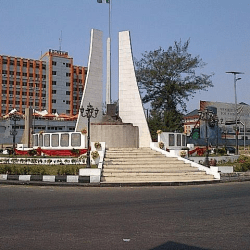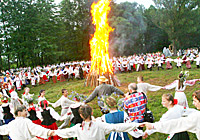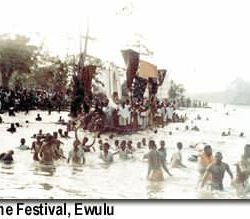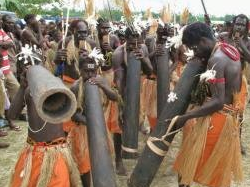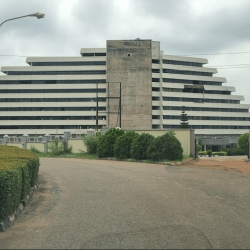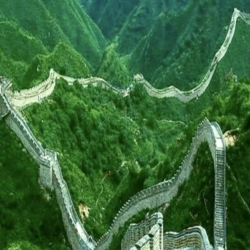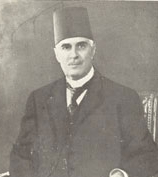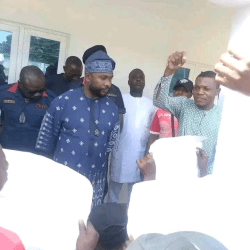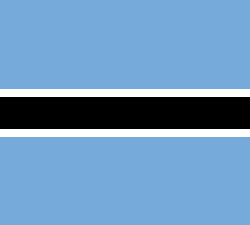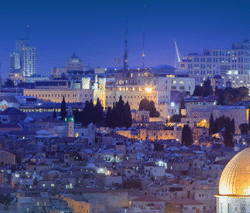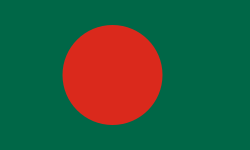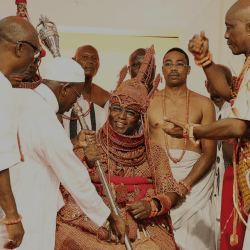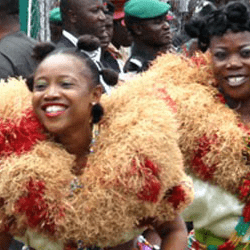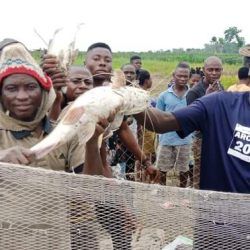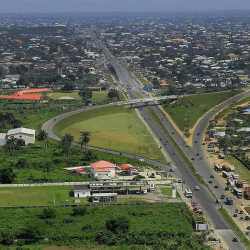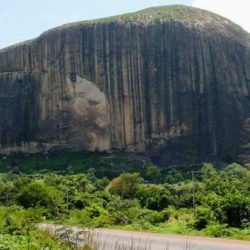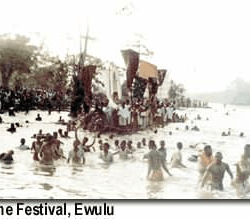Bangladesh is a land of vibrant traditions and cultural harmony, where festivals—both religious and secular—are celebrated with immense enthusiasm. These occasions unite people across faiths, regions, and social backgrounds, reflecting the nation’s rich heritage and spirit of inclusivity. From the colorful Pahela Baishakh to the solemn observance of Language Movement Day, the festivals of Bangladesh represent its collective identity, history, and values.
Pahela Baishakh – The Bengali New Year
Pahela Baishakh marks the beginning of the Bengali calendar year, celebrated on April 14. It is one of the most significant and widely celebrated events in Bangladesh, symbolizing renewal, hope, and national unity. Streets and parks fill with traditional fairs known as Boishakhi Mela, offering folk music, rural crafts, and traditional foods like panta ilish (fermented rice and hilsa fish).
The day begins with the iconic “Esho He Boishakh” song by Rabindranath Tagore, sung by crowds dressed in white and red. Business owners also open new ledgers, known as Haal Khata, to mark prosperity for the coming year. The festival transcends religion and class, showcasing Bangladesh’s secular and cultural ethos.
Pohela Falgun – The Arrival of Spring
Pohela Falgun, celebrated in February, marks the first day of the Bengali month Falgun and the advent of spring. Coinciding with Valentine’s Day, the celebration transforms cities like Dhaka into a canvas of color and joy. People, particularly the youth, wear bright yellow and orange attire, symbolizing warmth and energy. Cultural programs featuring music, poetry, and dance take place in schools and universities, especially at Dhaka University’s Bakultala in the Faculty of Fine Arts.
Nabonno and Poush Parbon – Festivals of Harvest
Rooted in agrarian life, Nabonno and Poush Parbon celebrate the new harvest season. Traditionally observed in rural Bengal, these festivals express gratitude for agricultural abundance. People prepare rice cakes (pitha), sweets, and other delicacies, accompanied by folk songs and dances. Farmers honor the earth and their crops, continuing centuries-old rituals that highlight Bangladesh’s deep connection to agriculture.
Shakrain – The Festival of Kites
Shakrain, observed at the end of the Bengali month Poush, is one of the most spectacular festivals in Dhaka. Residents, especially in Old Dhaka, take to rooftops to fly colorful kites and light fireworks. The sky fills with vibrant hues as people compete to cut each other’s kite strings. The night concludes with music, dance, and flame shows. Shakrain coincides with Makar Sankranti, celebrated across South Asia, representing the unity of regional cultures.
Major Religious Festivals
Eid al-Fitr and Eid al-Adha
As a Muslim-majority country, Bangladesh celebrates two main Islamic festivals with grandeur:
- Eid al-Fitr marks the end of Ramadan, the month of fasting. Families gather for prayers, feasts, and charity (Zakat al-Fitr).
- Eid al-Adha, the festival of sacrifice, commemorates the devotion of Prophet Ibrahim (Abraham). Muslims sacrifice animals and share the meat with relatives and the poor.
Both Eids bring extended national holidays, uniting communities through prayer, hospitality, and compassion.
Other Islamic Observances
Other significant Islamic occasions include Mawlid (the Prophet’s birthday), Ashura (commemorating the martyrdom of Imam Hussain), Shab-e-Barat (Night of Forgiveness), Shab-e-Qadr (Night of Power during Ramadan), and Bishwa Ijtema—the world’s second-largest congregation of Muslims after Hajj, held annually near Dhaka.
Hindu Festivals
Bangladesh’s Hindu community celebrates numerous colorful festivals:
- Durga Puja, the largest, honors Goddess Durga’s victory over evil. Temporary temples (pandals) and idols adorn cities and villages alike.
- Kali Puja, Krishna Janmashtami, Saraswati Puja, and Ratha Yatra also hold immense cultural and spiritual importance, drawing participants from all backgrounds.
Buddhist and Christian Celebrations
The Buddhist community celebrates Buddha Purnima, marking the birth, enlightenment, and death of Gautama Buddha, through processions and prayers in temples like Chattogram’s Golden Temple.
Christians, particularly in Dhaka and Barishal, observe Christmas (Boro Din) and Easter with church services, decorations, and community feasts. Boro Din means “Big Day,” reflecting the joy and significance of the occasion.
Patriotic and National Festivals
Language Movement Day (Ekushey February)
Observed on 21 February, Language Movement Day honors the martyrs of the 1952 movement who sacrificed their lives defending the right to speak Bengali. People lay flowers at the Shaheed Minar, recite poems, and sing patriotic songs. The day’s global recognition as UNESCO’s International Mother Language Day underscores Bangladesh’s enduring contribution to linguistic and cultural diversity.
Independence Day and Victory Day
- Independence Day (26 March) commemorates Bangladesh’s 1971 declaration of independence from Pakistan.
- Victory Day (16 December) marks the triumph of the Bangladesh Liberation War.
Both days feature parades, wreath-laying at the National Martyrs’ Memorial, cultural performances, and flag-hoisting ceremonies across the nation, reaffirming patriotism and unity.
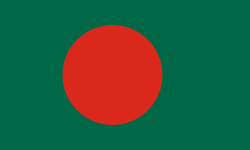
The festivals of Bangladesh reflect a profound blend of religion, culture, and history. Whether it’s the rhythmic beats of the dhak during Durga Puja, the communal feasts of Eid, or the spirited chants of “Joy Bangla” on Victory Day, every celebration contributes to the nation’s vibrant tapestry. These traditions not only preserve Bangladesh’s heritage but also strengthen the bonds of unity, peace, and shared identity among its people.
